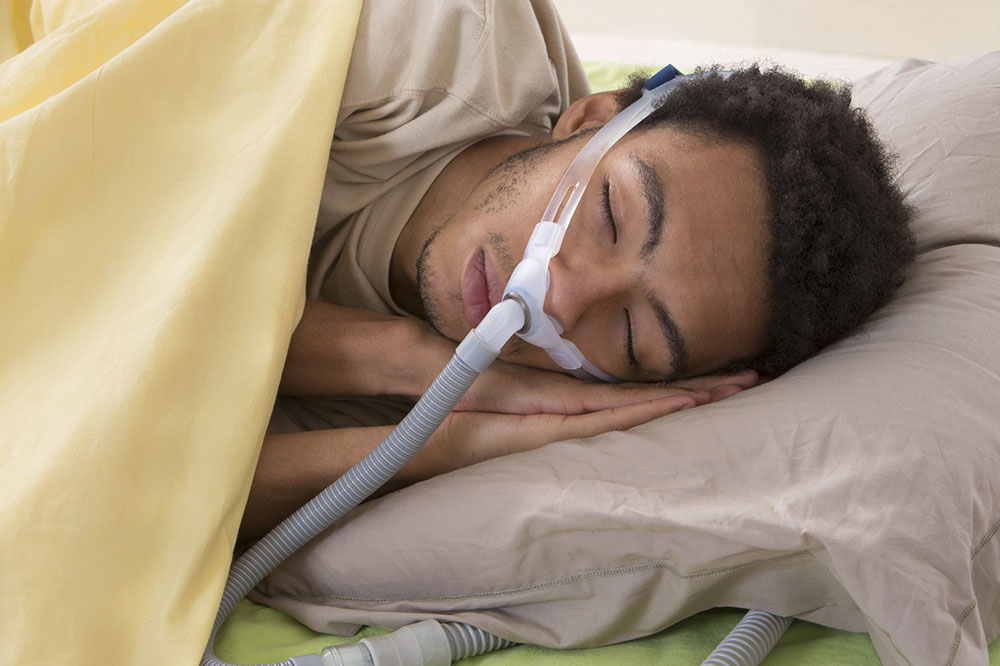
6 Common Signs and Symptoms of Sleep Apnea
Sleep apnea is a widely prevalent sleep disorder that affects people of all ages. The condition is characterized by repeatedly interrupted breathing while sleeping. This is a severe ailment that needs timely diagnosis and treatment. If left untreated, it can lead to heart disease and type-2 diabetes. It is also known to increase the likelihood of stroke and heart attack. It is important to understand the signs and symptoms of sleep apnea for effective treatment.
Read on to know about common signs and symptoms of sleep apnea.
In adults, sleep apnea is known to cause the following symptoms.
1. Extremely loud snoring
The thickened tissues or extra fat stored around the airways can restrict the air that flows in. Consequently, any air that squeezes in results in a loud snoring sound.
2. Shortness of breath resulting in abrupt sleep
This is one of the most common signs and symptoms of sleep apnea. It occurs when the muscles present in the back of the throat relax. As this happens, the airway closes as you breathe, not allowing in adequate air. This can decrease the oxygen level in the blood, causing shortness of breath. This, in turn, disrupts sleep, causing one to wake up gasping for air.
3. Waking up with a sore throat or a dry mouth
Dry mouth can occur if you sleep with your mouth open. Most people with problems like sleep apnea cannot rest peacefully with their mouth closed. Besides, snoring can also leave the mouth excessively dry.
4. Excessive daytime sleepiness, also known as hypersomnia
Since sleep apnea causes abrupt sleep, one does not get deep and continuous sleep at night. Therefore, this leads to one feeling lethargic, sleepy, and under productive. If left untreated, this can severely affect one’s social and professional life.
5. Problems in paying attention, focusing on tasks, or memory issues while awake
Sleep apnea is closely associated with memory problems, trouble concentrating, bad decision making, stress, and depression. Many studies have proved that lack of sleep slows reaction time in people and leads to cognitive problems.
6. Excessive irritability and mood swings
People suffering from sleep apnea may experience excessive fatigue and mood swings. This is because their breathing interruptions constantly wake them up in the middle of the night and keep them from settling into a sound sleep.
Sleep apnea is a very common problem. If you notice any signs and symptoms of sleep apnea, you must get in touch with a good doctor immediately. A doctor will give you the right advice and suggest a line of treatment that is tailored to your specific situation.
They will also perform a polysomnogram or sleep study to diagnose the problem. This test helps monitor things like oxygen levels in the blood, breathing interruption, brain waves, and eye movement. Based on that, they will offer useful advice.



